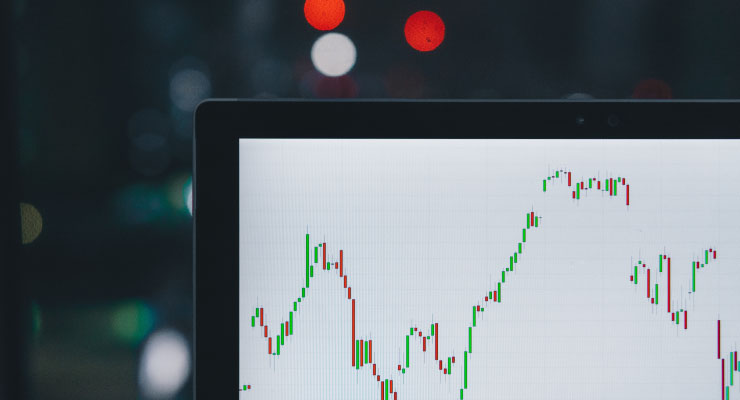Value Investing currently overvalued

The S&P 500 Index is currently overvalued, whether measured by price to earnings, price to sales, or price to book. As a value investor, does this mean that it is time to withdraw from investing in stocks? Generally speaking, the answer to this question is no, because the aggregate earnings of an index such as the S&P 500 says very little about the durability of the moat or quality of the cash flows of any one of the 500 companies in that index or the thousands of companies that are not in that index.
The real value of a company today is measured by its potential for further cash flows, and the task of the value investing is to make as intelligent an estimate as possible of those future cash flows. This can only be done by a detailed study of the underlying assets of the individual company, its financial statements, broad knowledge of the industry that the company operates in. For me to really understand a company and value investing potencial requires several years of study of the company, specifically its financial statements, products, suppliers, competitors and customers. It is important to read a series of 10k’s and 10q’s to assess the consistency and honesty of management.
A decision to invest in value investing based on broad, top-down analyses of synthetic stock indexes such as the S&P 500 is essentially an exercise in market timing or momentum investing and an attempt to produce a simple answer to a very complex question. While equities have historically provided investors with attractive rates of return on a compound basis for those with a multi-year, and even better, multi-decade, time horizon, market timing is a short term judgement and, as such, a form of speculation.
Because of the difficulty of out-performing the market, particularly by large institutional investors, index investing has become very popular in recent years. Current data show that money is rapidly flowing out managed mutual funds, and into index funds and ETF’s. This shift undoubtedly has contributed the current over-valuation of indexes like the S&P 500.
As a result, the market is currently dominated by speculators – investors who invest in equities for the short term, or professional hedge, mutual or endowment fund managers who are mandated to do so by their incentives. This short-term, top-down analysis historically has produced poor results, and whether it has been produced by the individual or by the very highly paid professional, it generates markets that volatile and highly unpredictable.
The current fascination with ETFs and the over-valuation of S&P 500 could lead to a healthy correction in the overall market, or it could just lead to rapid transfers of funds from one class of ETF to another, for example from one country to another (e.g, U.S. stocks to emerging markets, which are currently historically cheap), or from one industry to another. Predicting this kind of movement is yet another form of the short term game and not one that is likely to produce satisfactory multi-decade results. In the short term, the valuation of stocks in the aggregate will stay the same, grow or fall. Anyone who claims to know when this will happen is deluded or dishonest.
Advantage to Value Investing
Index Investing is not always a bad idea, but while following the crowd can yield positive short term results, it will almost always lead to poor long term results. The point at which a good idea morphs into a mania is very difficult to define, and index may remain popular for a while, but the more it distorts the values within the stock market the more likely it is to end badly.
In this environment there would appear to be an advantage to the value investing for investor who can sift through large groups of stocks to find individual companies unpopular with short term investors, presenting an attractive current valuation. This process requires combining all of the work required by individual stock selection with a good deal of patience because what is unpopular today can remain unpopular for a good while.
The only constant in the stock market is change, and trends do mean revert so the long period of unpopularity for value investing would indicate that we will eventually see a long period where value investing stocks will revert to outperforming the market.
Blog Archive
